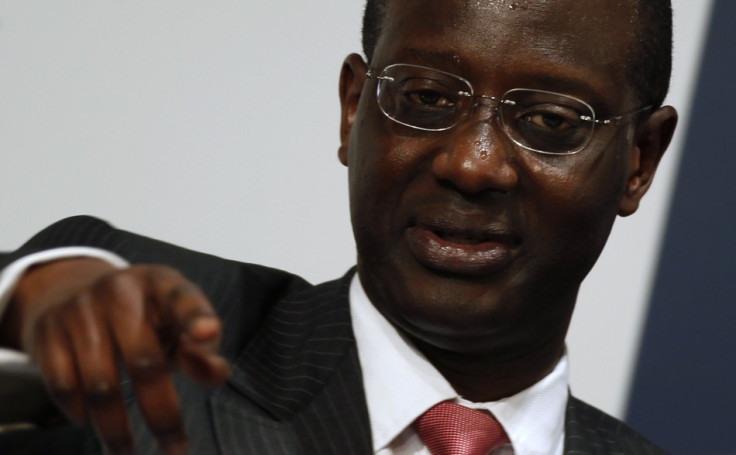FSA Fines Prudential £30m and Censures CEO Tidjane Thiam

The Financial Services Authority fined two companies in the Prudential Group and censured the chief executive Tidjane Thiam for breaching a raft of principles and disclosures over its failed acquisition of AIA, the Asia-based subsidiary of American International Group.
In a statement on the FSA's website, the regulator says that 'Prudential failed to deal with the FSA in an open and cooperative manner when it was seeking to acquire AIA in early 2010, because it did not inform the FSA of the proposed acquisition until after it had been leaked to the media on 27 February 2010.'
"The FSA expects to have an open and frank relationship with the firms it supervises and with listed companies. It is essential that firms give due consideration to their regulatory obligations at all times. In particular, timely and proactive communication with the FSA is of fundamental importance to the functioning of the regulatory system and the integrity of the market," says Tracey McDermott, FSA director of enforcement and financial crime at the FSA in a statement.
The FSA subsequently slapped Prudential PLC with a £14m (€16.5m / $21.2m) fine and The Prudential Assurance Company Limited for £16m for breaching the FSA's Listing Principle 6 and Principle 11 of the FSA's Principles for Businesses, respectively.
According to the listing of Principle 6 "a listed company must deal with the FSA in an open and co-operative manner," and with Principle 11 "a firm must deal with its regulators in an open and co-operative way, and must disclose to the FSA appropriately anything relating to the firm of which the FSA would reasonably expect notice."
The FSA also censured the Prudential's Group Chief Executive Tidjane Thiam, meaning they have legally gone on record to rebuke the actions or conduct of that individual.
"Prudential, led by Thiam as CEO, failed to give due consideration to its obligation to inform the FSA of this transaction, which would have had a huge impact on the group had it gone through. That was a serious error of judgement for which Prudential is paying the price. Firms should be in no doubt as to the importance of early communication with the regulator in respect of transformational transactions to avoid market and investor disruption," says McDermott.
"Thiam has also been censured in relation to his role in this matter. This case should send a clear message to all board members of their collective and individual responsibility for the decisions they make on behalf of their companies," she adds.
Prudential shares fell nearly 2 percent in London following the FSA announcement to change hands at 1,077 pence each.
On 27 February 2010, media reports circulated that Prudential was looking to buy the Asia life unit of the beleaguered AIG, which would have made it the largest foreign insurer in Asia.
However, the FSA said a meeting between the UK regulator and Prudential executives on 12 February 2010, the watchdog asked detailed questions about Prudential's strategy for growth in the Asian market and its plans for raising equity and debt capital but the group did not disclose its plans.
"The proposed transaction's size and scale would have transformed the Group's financial position, strategy and risk profile and involved a planned rights issue of £14.5bn, which would have been the biggest ever in the UK. The transaction had the potential to impact upon the stability and confidence of the financial system in the UK and abroad," says the FSA.
"The failure to inform the FSA was significant because it resulted in the FSA having to consider highly complex issues within a compressed timescale before making a decision as to whether to suspend Prudential's shares. It narrowed the FSA's options in scrutinising the transaction, risked delaying the publication of Prudential's subsequent rights issue prospectus and hampered the FSA's ability to assist overseas regulators with their enquiries in relation to the transaction," it adds.
© Copyright IBTimes 2025. All rights reserved.






















